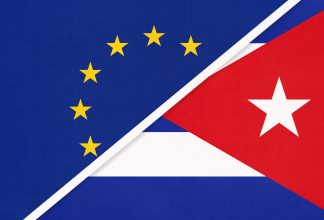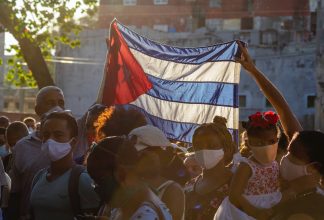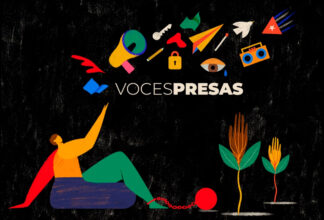Nationwide Protests for Freedom Shut Down in Cuba
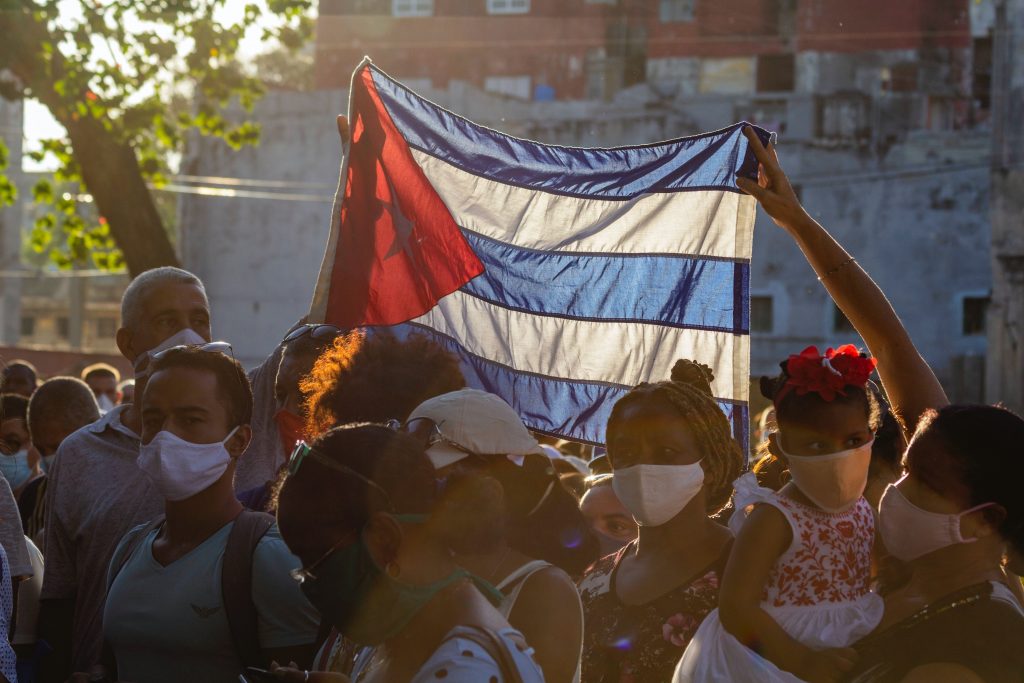
The streets in Cuba were empty as the government managed to suppress the pro-democratic protests planned for 15 November. During the weekend, ahead of the protests, police and security officials detained and threatened almost all leading democracy activists or locked them in their houses. On Monday morning they found their homes surrounded by police or mobs organised by the security police.
“We didn’t expect anything from the government but fierce repression. Decades of human rights violations have made demonstrations impossible. But during the last year, discontent has become more vocal and the government has lost control, so there are also reasons to be hopeful. The demonstrators demand freedom and democracy, nothing less. And it will be difficult to silence their demands now,” says Erik Jennische, Latin America Director at Civil Rights Defenders.
In July earlier this year, the country experienced the biggest demonstrations since Fidel Castro took power in 1959, as tens of thousands protested against the lack of freedoms, repression and economic hardships. The demonstrations on 15 November had been planned months in advance and the Cuban government took forceful measures to prevent them from taking place.
The Cuban constitution recognizes the freedom of association and manifestation, but the authorities denied all the applications for demonstrations handed in by organisers in the Archipiélago network and have held almost all members of the network in house arrest since Saturday.
Anti-protesters armed with clubs and sticks
During the day of the protests, many activists all over the island woke up to police outside their doors, preventing them from going out. The government had also mobilized citizens in so-called “Rapid response brigades”, that were gathering in the streets armed with clubs and sticks to fight potential protesters. They were chanting revolutionary slogans and derogatory slurs.
Henry Constantin, director of independent news outlet La Hora de Cuba based in Camagüey in central Cuba, tells Civil Rights Defenders that they have to learn from the last couple of days.
“The behaviour of the Cuban regime is very preventive, it focuses on avoiding all problems before they occur, by using repressive mechanisms that are very tough on the conscience of the people,” says Henry Constantin.
Camila Acosta, a reporter at Cubanet and Spanish daily newspaper ABC, is one of the victims of the Cuban government’s human rights violations. She was detained on 12 July and released four days later, but was placed under house arrest by police for four months and is still awaiting trial. She is accused of public disturbances and instigation of crime during the protests on 11 July.
“Regardless of the fact that the regime did not allow Cubans to take to the streets, and that it ordered the militarization of the country to prevent it, this has been a victory for Cuban civil society. For the first time in 62 years, we managed to get the world to look at Cuba and repudiate the dictatorship. For the first time, we achieved a citizen mobilization of this magnitude. A year ago, this was unthinkable,” says Camila Acosta.
Despite the setback, Camila Acosta is positive.
“The repression has been counterproductive because more and more people are convinced that it is necessary to continue with peaceful resistance to end the dictatorship,” says Camila Acosta.
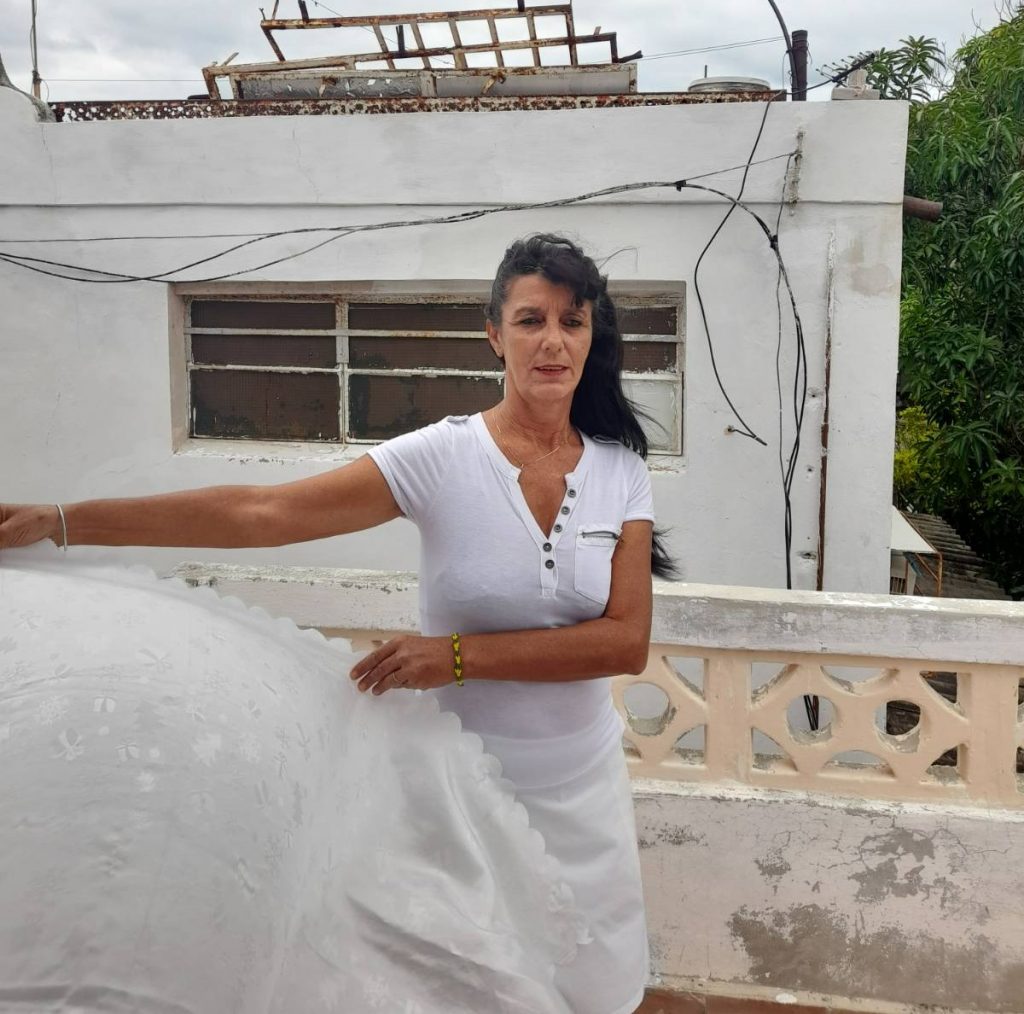
Press inquiries
Civil Rights Defenders has worked closely with Cuban human rights defenders since 2014 and can comment on the developments.
Press contact
+46 (0)76 576 27 62
press@crd.org
